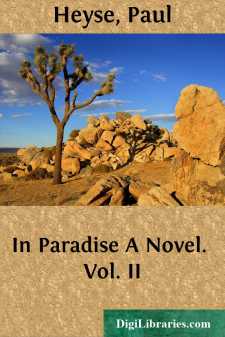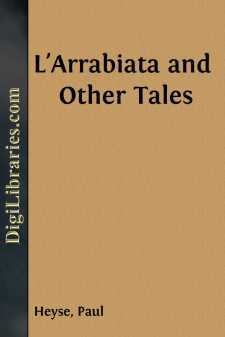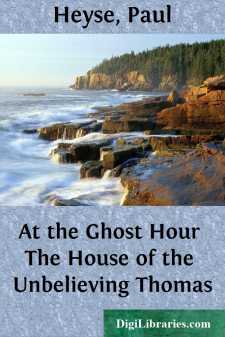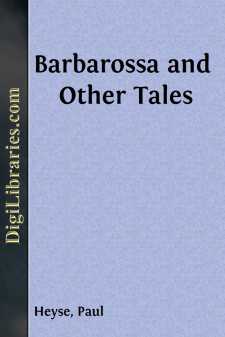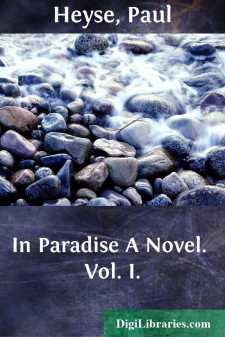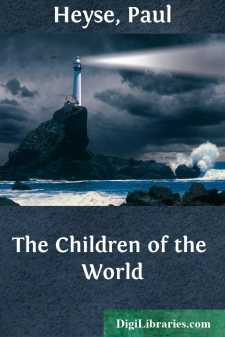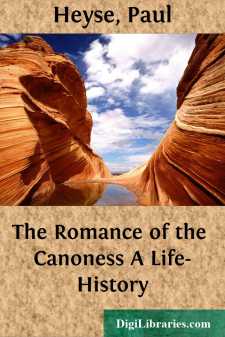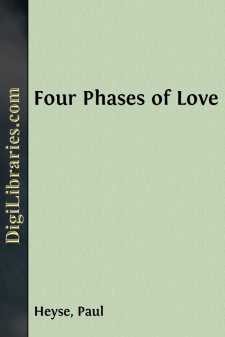Categories
- Antiques & Collectibles 13
- Architecture 36
- Art 48
- Bibles 22
- Biography & Autobiography 813
- Body, Mind & Spirit 142
- Business & Economics 28
- Children's Books 17
- Children's Fiction 14
- Computers 4
- Cooking 94
- Crafts & Hobbies 4
- Drama 346
- Education 46
- Family & Relationships 57
- Fiction 11829
- Games 19
- Gardening 17
- Health & Fitness 34
- History 1377
- House & Home 1
- Humor 147
- Juvenile Fiction 1873
- Juvenile Nonfiction 202
- Language Arts & Disciplines 88
- Law 16
- Literary Collections 686
- Literary Criticism 179
- Mathematics 13
- Medical 41
- Music 40
- Nature 179
- Non-Classifiable 1768
- Performing Arts 7
- Periodicals 1453
- Philosophy 64
- Photography 2
- Poetry 896
- Political Science 203
- Psychology 42
- Reference 154
- Religion 513
- Science 126
- Self-Help 84
- Social Science 81
- Sports & Recreation 34
- Study Aids 3
- Technology & Engineering 59
- Transportation 23
- Travel 463
- True Crime 29
In Paradise A Novel. Vol. II
by: Paul Heyse
Description:
Excerpt
CHAPTER I.
A mile or two from Starnberg, on the shore of the beautiful lake, stands a plain country-house, whose chief ornament is a shady and rather wild little park of beeches and cedars. This stretches from the highway that connects Starnberg with the castle and fishermen's huts of Possenhofen, down to the lake--a narrow strip of woodland, separated only by picket fences from the neighboring gardens, so that a person wandering about in it is scarcely aware of its boundaries. The house itself is equally small and simple, and contains, besides one good-sized apartment, with several sleeping-rooms to the right and left, only a turret-room in the upper story, whose great north window shows at the first glance that it is a studio. From it can be seen, over the tops of the cedars, a bit of the lake, and beyond it the white houses and villas of Starnberg, at the foot of the height from whose summit the old ducal castle--now converted into a provincial court-house--rises like a clumsy, blunt-cornered box.
Some years before, a landscape painter had built this modest summer nest, and had made his studies of cloud and atmosphere from this turret window. When he died, childless, his widow had made haste to offer the property to the one among her husband's acquaintances who passed for a Crœsus; thus it was that the villa came into the possession of Edward Rossel, to the great surprise and amusement of all his friends. For our Fat Rossel was known as an incorrigible and fanatical despiser of country life, who was never tired of ridiculing the passion of the Munichers for going into the mountains for refreshment in summer, and who preferred, even in the hottest weather, when none of his friends could hold out in the city any longer, to do without society altogether rather than to give up the comforts of his city home even for a few weeks.
He maintained that this sentimental staring at a mountain or woodland landscape, this going into ecstasies over a green meadow or a bleak snow-field, this adoration of the rosy tints of sunrise and sunset, and all the other species of modern nature-worship, were nothing more or less than a disguised form of commonplace, thoughtless indolence, and as such certainly not to be condemned, particularly by so zealous a defender of dolce far niente as himself. But they must not suppose that this particular form of idleness was the highest and worthiest of human conditions; at the best the benefit which the mind and soul derived from it was not greater than if one should look over a book of pictures, or listen for hours to dance-music. Let them drivel as much as they liked about the sublimity, beauty, and poetry of Nature, she is and remains merely the scenery, and the stage of this world first begins to repay the price of admission when human figures make their appearance upon it. He did not envy the simplicity of a man who would be willing to sit in the parquet all the evening, staring at the empty scene, studying the woodland or mountain decorations, and listening to the voice of the orchestra....


